Please could somebody confirm the following.. I am using Mirth Connect 3.5.08232. My Source Connector is a Database Reader.
Say, I am using a query that returns multiple rows, and return the result (via JavaScript), as documentation suggests, so that Mirth would treat each row as a separate message. I also use a couple of mappers as source transformers, and save the mapped fields in my channel map (which ends up to contain only those fields that I define in transformers)
In the destination, and specifically, in destination response transformer (or destination body, if it is a JavaScript writer), how do I access the source fields?
the only way I found by trial and error is
var rawMsg = connectorMessage.getRawData();
var xmlMsg = new XML(rawMsg);
logger.info(xmlMsg.some_field); // ignore the root element of rawMsg
Is this the right way to do this? I thought that maybe the fields that were nicely automatically detected would be put in some kind of a map, like sourceMap - but that doesn't seem to be the case, right?
Thank you


